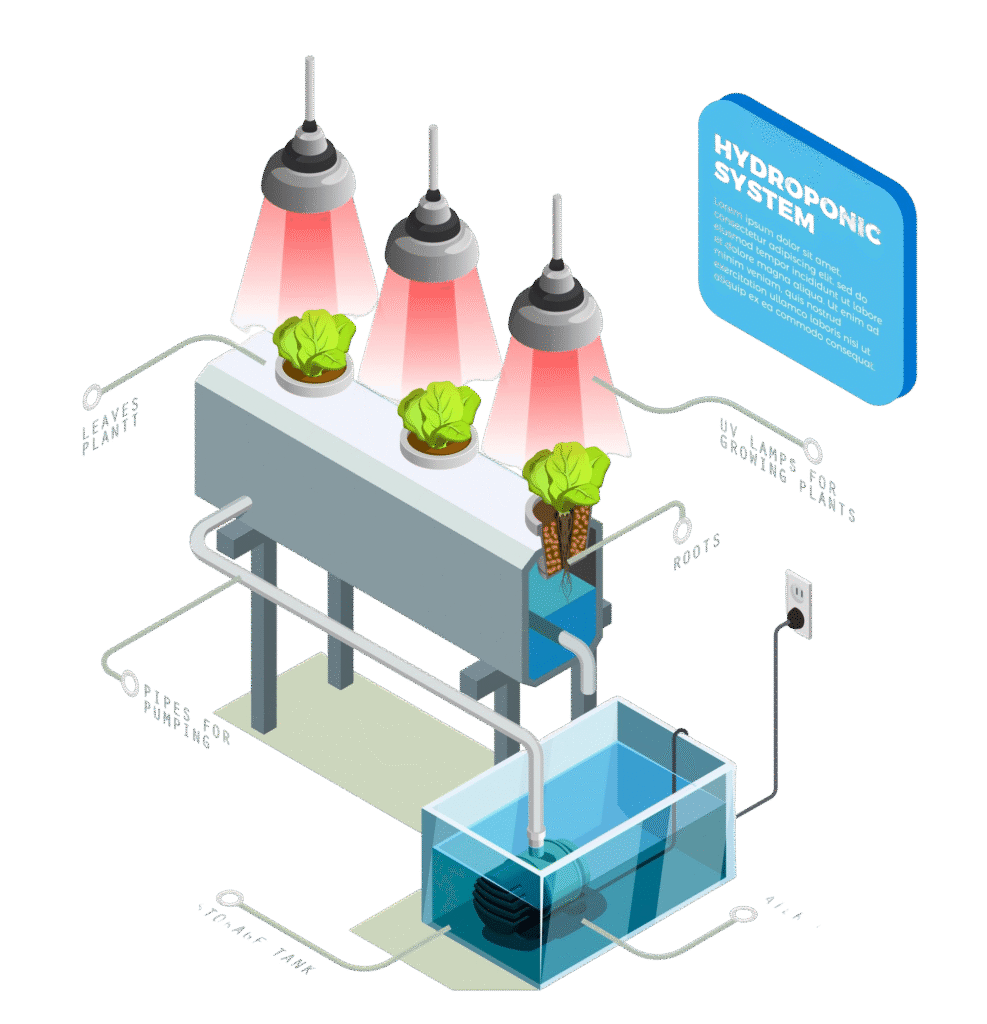Thermal Engineering Simulation
- Home
- Thermal Engineering Simulation
Thermal Engineering Simulation
Effective thermal management is essential for the performance, safety, and reliability of modern systems—especially in high-power electronics, HVAC setups, and industrial environments. At [Your Company Name], we specialize in advanced thermal engineering simulations that help you understand and control heat flow within your designs.
Using industry-leading software tools and deep engineering expertise, we simulate all modes of heat transfer—conduction, convection, and radiation—to deliver accurate insights into temperature distribution, cooling efficiency, and energy losses. Whether you're designing a compact electronic device or a complex thermal system for industrial machinery, our simulations help you validate concepts, prevent overheating, and achieve regulatory compliance.
From early-stage feasibility to late-stage optimization, we ensure that your thermal systems function efficiently and consistently under real-world conditions.

Key Capabilities Include:
-
Heat Transfer Simulation: Analyze conduction, convection, and radiation effects across different materials and assemblies.
-
Electronic Cooling: Optimize cooling strategies for processors, PCBs, power electronics, and data center components.
-
HVAC System Design: Improve the performance and efficiency of heating, ventilation, and air conditioning systems.
-
Thermal Stress Analysis: Understand how temperature fluctuations affect structural integrity over time.
-
Heat Exchanger Modeling: Simulate and optimize the performance of various heat exchanger configurations.
-
Phase Change Materials (PCM): Evaluate thermal storage behavior in advanced materials for energy efficiency.
Frequently asked questions
Our thermal simulations are valuable for electronics, automotive, aerospace, HVAC, energy, manufacturing, and any industry where heat management affects performance and safety.
Yes, we simulate electronic cooling scenarios to predict temperature rise and optimize cooling solutions using tools like ANSYS Icepak and FloTHERM.
We use validated simulation methods and real-world parameters to deliver highly accurate results, tailored to your materials, loads, and boundary conditions.
Absolutely. We model airflow, thermal comfort, and system efficiency in HVAC layouts to help improve performance and reduce energy costs.
We can simulate complex thermal behaviors, including latent heat effects from PCMs or surface properties of coatings, using multiphysics tools like COMSOL.
Shape the Future of Engineering
From concept to completion, we help industries innovate faster, operate safer, and achieve greater efficiency through advanced simulation and analysis.
